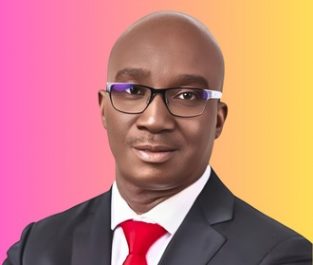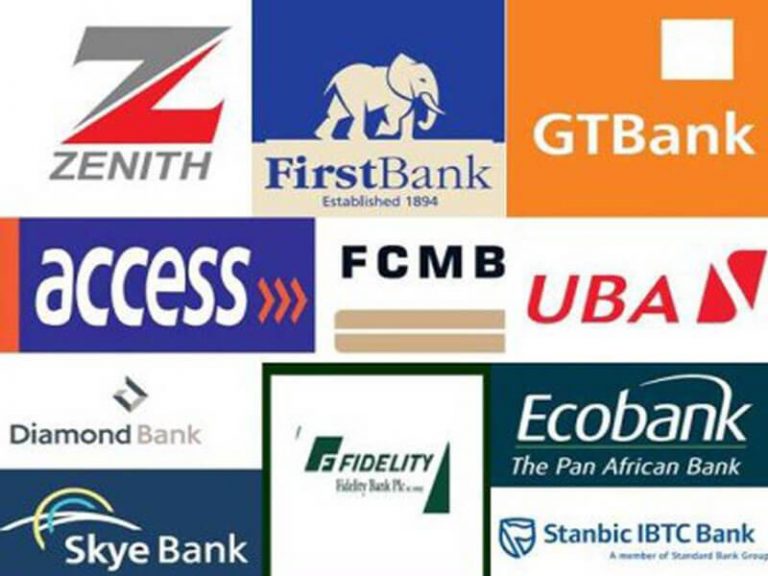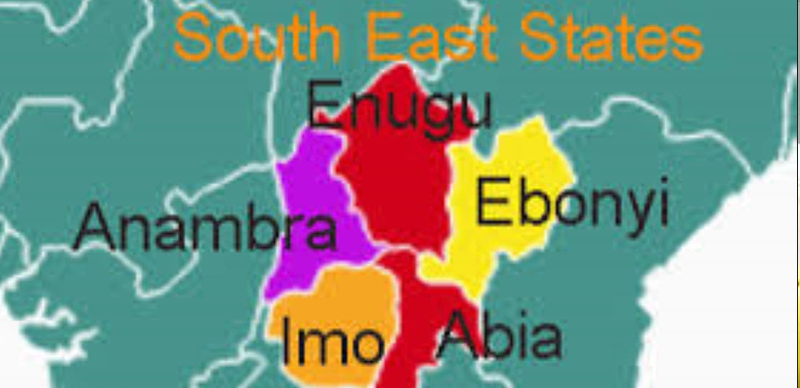Federal Government says it is considering a new National Policy for zero rating on educational websites to allow for consumption of contents without charges, to mitigate the impact of COVID-19, on education sector
Dr Isa Pantami, Minister of Communications and Digital Economy, said this while delivering an address at a webinar organised by Lead Inspire Network and monitored in Abuja.
The theme of the webinar was “Enhancing Virtual Learning and the Challenges of Internet Penetration in Nigeria.”
Pantami, represented by Dr Usman Gambo, Director, Information Technology Infrastructure Solutions, National Information Technology Development Agency (NITDA) said the policy would contain appropriate incentives for mobile network operators and internet service providers.
The minister agreed that sufficient access to the internet was essential for the development of an informative society and thatvgovernment was also working to increase the broadband penetration from its current level.
Currently, broadband penetration stands at 40.18 per cent and the plan is to make it 70 per cent by 2025. This is the target we set for ourselves in the Nigerian National Broadband Plan.
“This will be of great benefit to the education sector and we would focus more on enabling appropriate contents, infrastructure, capabilities for learning and teaching,” he said.
He added that few agencies under the ministry had established digital centres, capacity training centres, e-accessibility centres, school knowledge centres, e-Libraries, ICT Hubs and innovation parks across the country to propel broadband penetration.
“In just one year, we have deployed over 200 of these centres across the country and they are mostly situated in rural areas, equipped with at least 25 computers, back-up power supply and free internet service.
“In addition to providing free internet services, the centres also serve as innovation hubs and learning centres for the local community,” Pantami said.
He said that NITDA had issued Framework and Guidelines for Public Internet Access to regulate government approach to deepen internet penetration and bridge the digital divide.
Prof. Umar Danbata, the Executive Vice Chairman, Nigerian Communications Commission stated that COVID-19 had created a new level for education that required a new approach.
Represented by Dr Henry Nkemadu, a Director with the commission, Danbata acknowledged that high cost of Right of Way, multiple taxation, operating expenses and economic downturn had affected internet penetration but reiterated that government was putting measures in place to ease the challenges.
Mr Sope Afolayan, Co-Founder, Lead Inspire Network, said the event was aimed at providing equal access to children at all levels and redirect the thinking of policy makers on the need to see acquisition of education beyond the four walls of the classroom.







